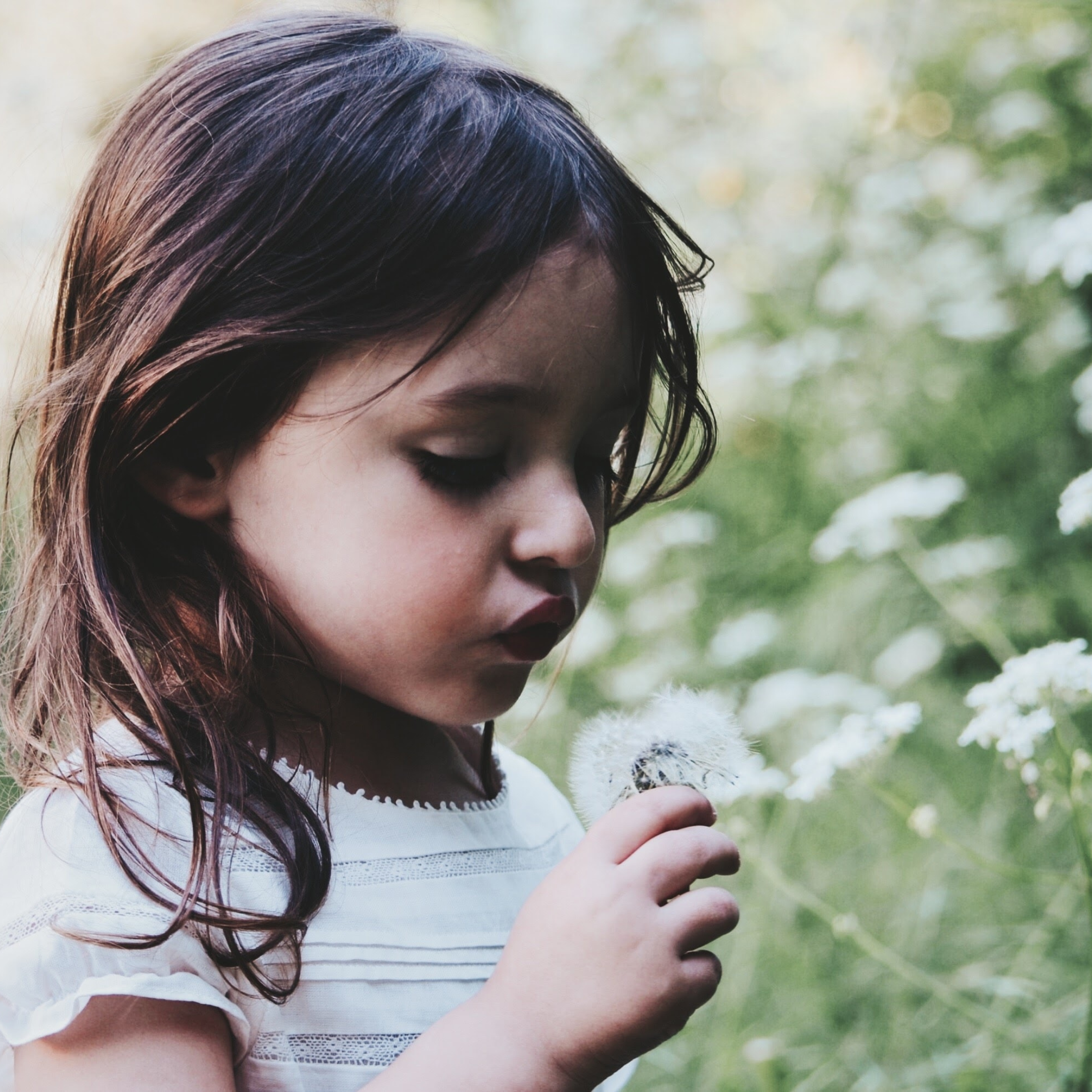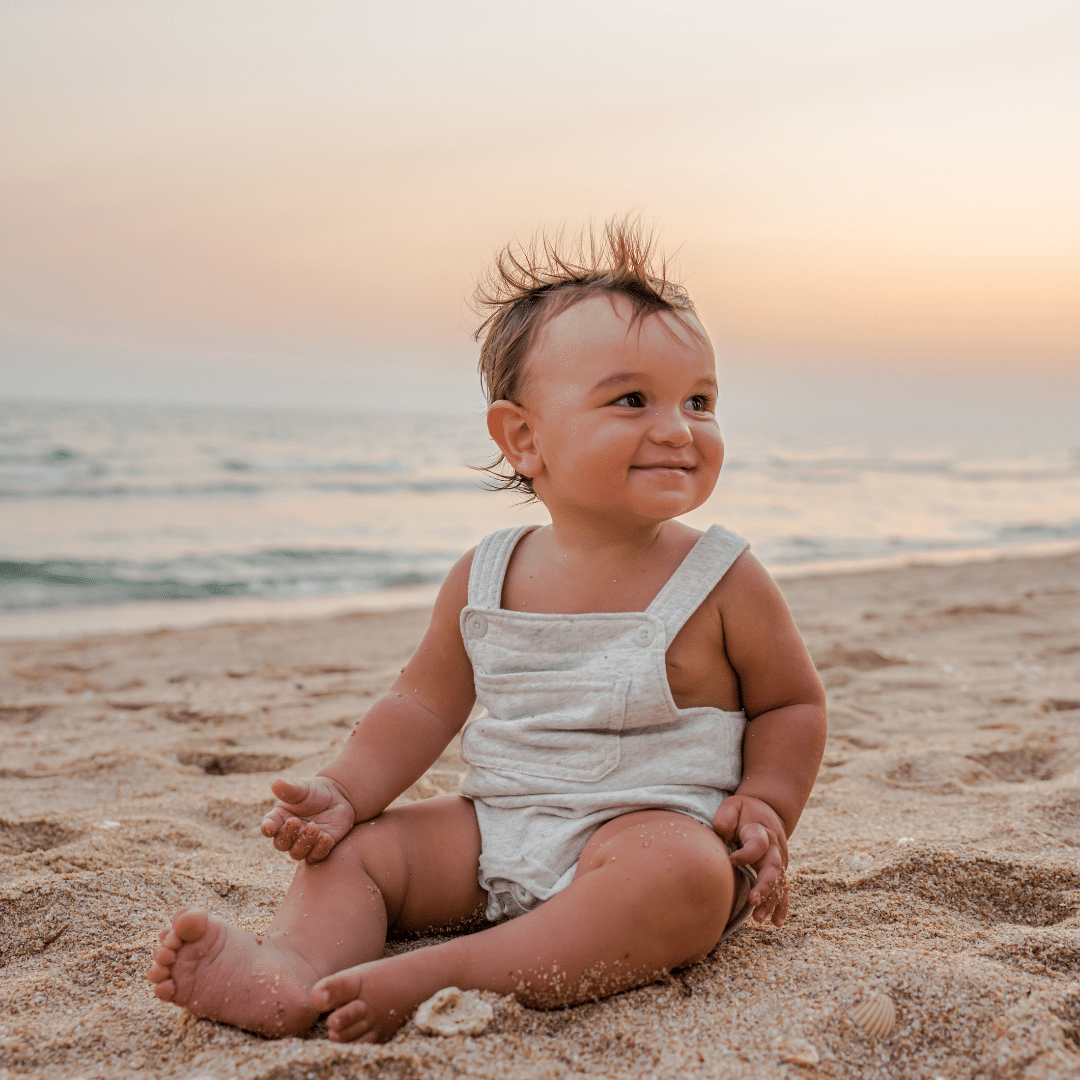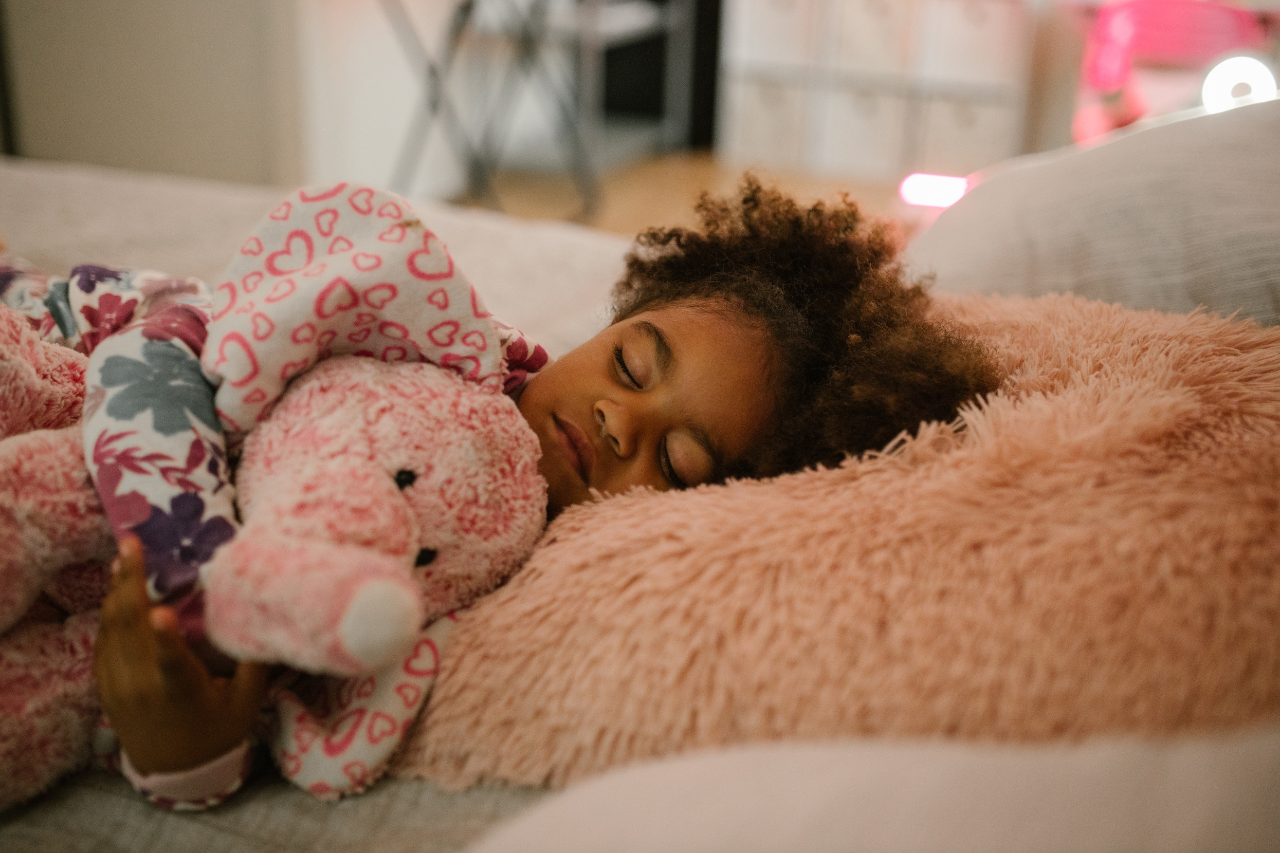Coping with childhood hay fever

While many of us rejoice at the onset of warmer weather, it can be difficult to navigate for anyone who suffers from hay fever, as runny noses and itchy eyes can stop the summer fun you were hoping for.
Although research suggests that hay fever doesn’t usually affect children until they’re about seven years of age, it can start earlier and can have a considerable impact on a child’s enjoyment of life, especially during the holiday seasons.
Sadly, there currently isn’t a cure, but there are several ways to help relieve the symptoms so your baba can get on with their life and enjoy the outdoors again.
What is hay fever?
Hay fever has defined seasonal symptoms, which will appear at roughly the same time every year, and it is caused by airborne substances (pollens) attacking the upper respiratory passages – nose, sinus, throat and eyes. From April to May, tree pollens are the main allergen, from May to August it’s grass pollen and in late summer it is weed pollens, with the main symptoms being itchy and watery eyes, frequent sneezing, a blocked-up or runny nose, itching on the roof of the mouth wheezing and coughing.
If you suspect your child has hay fever, then the first step is to make an appointment with your local GP in order to get a firm diagnosis. This is vitally important as what looks to you like hay fever could well be another allergy, such as to dust mites or pet fur.
Tips for Managing Hay fever
Grass pollens are released in the early morning, rising into the air as the day heats up and then falling again in the evening when it’s cooler. This means that the symptoms will be at their worst during the morning and evening hours, so to reduce your child’s exposure to these pollens, try the following tips:
- Buy wraparound sunglasses for your child to wear to keep the pollen away from the eyes as much as possible.
- Keep windows closed at night to prevent pollen getting inside the house as much as possible.
- Smear some petroleum jelly (such as Vaseline) on the inside of the child’s nostrils – this should trap the pollen and stop it from being inhaled.
- Use air filters in the house where possible to prevent pollen floating in the air.
- Keep car windows closed when driving; use the air conditioner instead if you have it.
- Try to avoid letting your child play in fields or near large patches of grassland.
- Wash your child’s face, hands and hair when they come back indoors from playing – try changing their clothes too, as pollen will linger on the clothing.
Alongside these top tips, Baba West’s Snuffle Pillow Mist is also a great way of alleviating the effects of hay fever, as this natural solution is a gentle yet effective mix of essential oils, including eucalyptus, peppermint and thyme, to help relieve blocked and runny noses.
Eucalyptus is a great tool to reduce inflammation and mucus build up, peppermint oil is widely used as a decongestant and it can also help to reduce a fever, while thyme oil is used to drain congestion and kill infections in the chest to help your baba breathe more easily.



